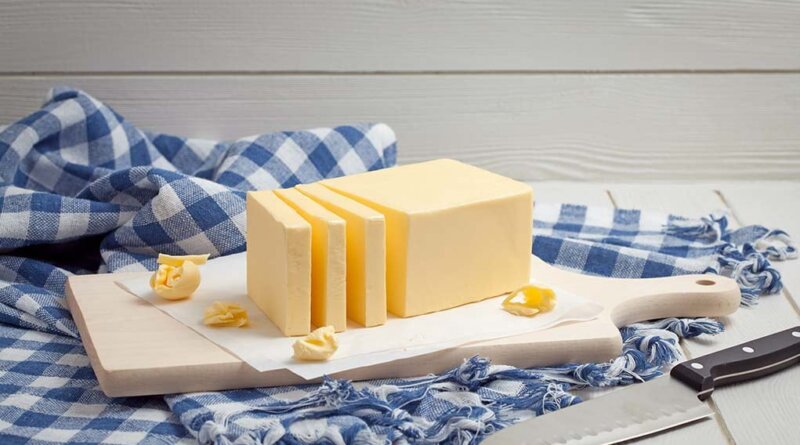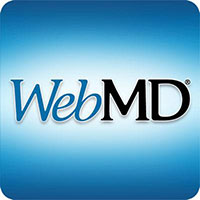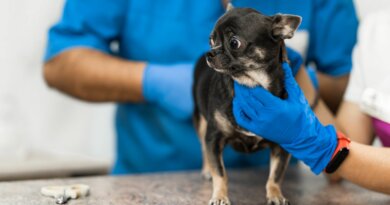Can Dogs Eat Butter? – Top Dog Tips
Foods with butter can be delicious for us humans. But the question is, can dogs eat butter?
Dogs are curious animals. And they can get a little bit too curious at times.
When they see something that piques their interest, they might smell it or lick and eat it.
Is your fur buddy getting too naughty with food at home? Want to know if they should have butter or not?
No worries—this blog will discuss everything you need about this buttery problem.
Can Dogs Eat Butter?
Before we discuss whether or not can dogs eat butter, let’s first dive in and talk about what butter is.
Butter is a dairy product. It is an ingredient used in cooking as a spread, condiment, or oil.
While butter can be used in different cooking methods, it is famous for its creamy and savory flavor.
Butter is made from churning cow’s milk. Some butter is modified, others add salt, and some add herbs to create a more concentrated flavor.
Inevitably, the smell of butter is quite irresistible, and our fur buddies may feel the same.
So can dogs eat butter? No.
Butter has high amounts of fat, even in small portions. This kind of fat, the saturated kind, is harmful to your dog’s health.
In any case, owners should definitely avoid giving butter as a treat for dogs.
Although there is food that contains butter, as long as the dog does not have lactose intolerance or allergies to dairy products, giving them small amounts is no problem.
It may not be a great option if you plan to add butter to your dog’s diet.
You may still consult with your dog’s veterinarian regarding any food you’re considering adding to your dog’s diet.
Your veterinarian may advise you to avoid giving dairy products ultimately or allow them in moderate to small amounts.
This will all depend on whether your dog is lactose intolerant or may have allergies to some dairy products.
My Dog Ate Some Butter! What to Do?
If you catch your dog eating butter, observe them for the next hours to come.
If they have to intake a small amount of butter, your dog may have some small stomach mishaps.
If your dog has eaten a lot of butter, it’s best to contact or bring them to the veterinarian immediately.
Whether the dog has shown signs of lactose intolerance, owners should inquire with the veterinarian for instructions on what to do in case of lactose intolerance symptoms appear.
Is Dairy Products Good or Bad for Dogs?
Although dairy is rich in calcium, protein, potassium, phosphorus, and vitamin D, not all dairy products are dog-friendly.
Some dairy products may contain too much sodium and fat.
These factors can greatly affect the dog’s weight and may even result in other gastric problems.
Lactose Intolerance in Dogs
Unfortunately, some dogs are lactose intolerant. They cannot produce enough lactase to break down the lactose for digestion.
If you’re unsure whether your dog is lactose intolerant, here are some symptoms dogs with lactose intolerance experience after consuming dairy:
If you’re still unsure whether they’re lactose intolerant, give them small amounts until you’re sure they do not respond badly to the dairy product.
Frequently Asked Questions
Should I add butter to my dog’s diet?
No—although small amounts of butter are generally safe for dogs, it may not be the healthiest diet option for your pet.
Is margarine a better option for dogs?
No. Dogs should not be given greasy foods if possible. Owners may go with healthy dog treats instead.
They may also ask their veterinarian what table food their pet may intake instead.
Can dogs drink milk?
It depends. Some dogs may have an allergic reaction to milk.
Others may get an upset stomach after consuming milk, but some dogs can digest their milk well. It’s best to observe your dog when eating new food.
Can Dogs Eat Butter: Summary
Maybe you’re preparing your dog’s homemade meal, and a sudden question pops into your head.
“Can dogs eat butter?”
The answer is no. Butter and other greasy food is not good for dogs.
That includes margarine or butter alternatives made with oils.
There is a variety of table food that is good for your pet, and sadly there are some quite harmful as well.
It is important to know which is good or bad for your pet before giving them anything.
Don’t hesitate to ask your veterinarian what food your pet can intake! It’s best to be safe and sure.
In this way, unpleasant accidents can be prevented.
RELATED ARTICLES:







